Born in Hastings, Victoria in 1953, Mike Fitzpatrick studied at the University of Western Australia before going to Oxford to read for a second undergraduate degree in philosophy, politics and economics (PPE). He had already begun his career in professional football and returned to Australia to play in three Carlton premierships, two as captain, retiring in 1983. Fitzpatrick also pursued a business career, working for Telecom (later Telstra) and then for the Treasury in Victoria. He moved to the US for roles with Merrill Lynch and First Boston and returned to Australia in 1988, setting up Hastings Funds Management in 1994, where he remained chief executive until 2005. From 2007 to 2017, Fitzpatrick was Chairman of the Australian Rules Football (AFL) Commission, and he was inducted into the Australian Football Hall of Fame in 2022. Throughout his career, he has remained a generous and valued supporter of the Rhodes Trust, where he is currently a Trustee. This narrative is excerpted from an interview with the Rhodes Trust on 26 March 2025.
Mike Fitzpatrick
Western Australia & St John's 1975
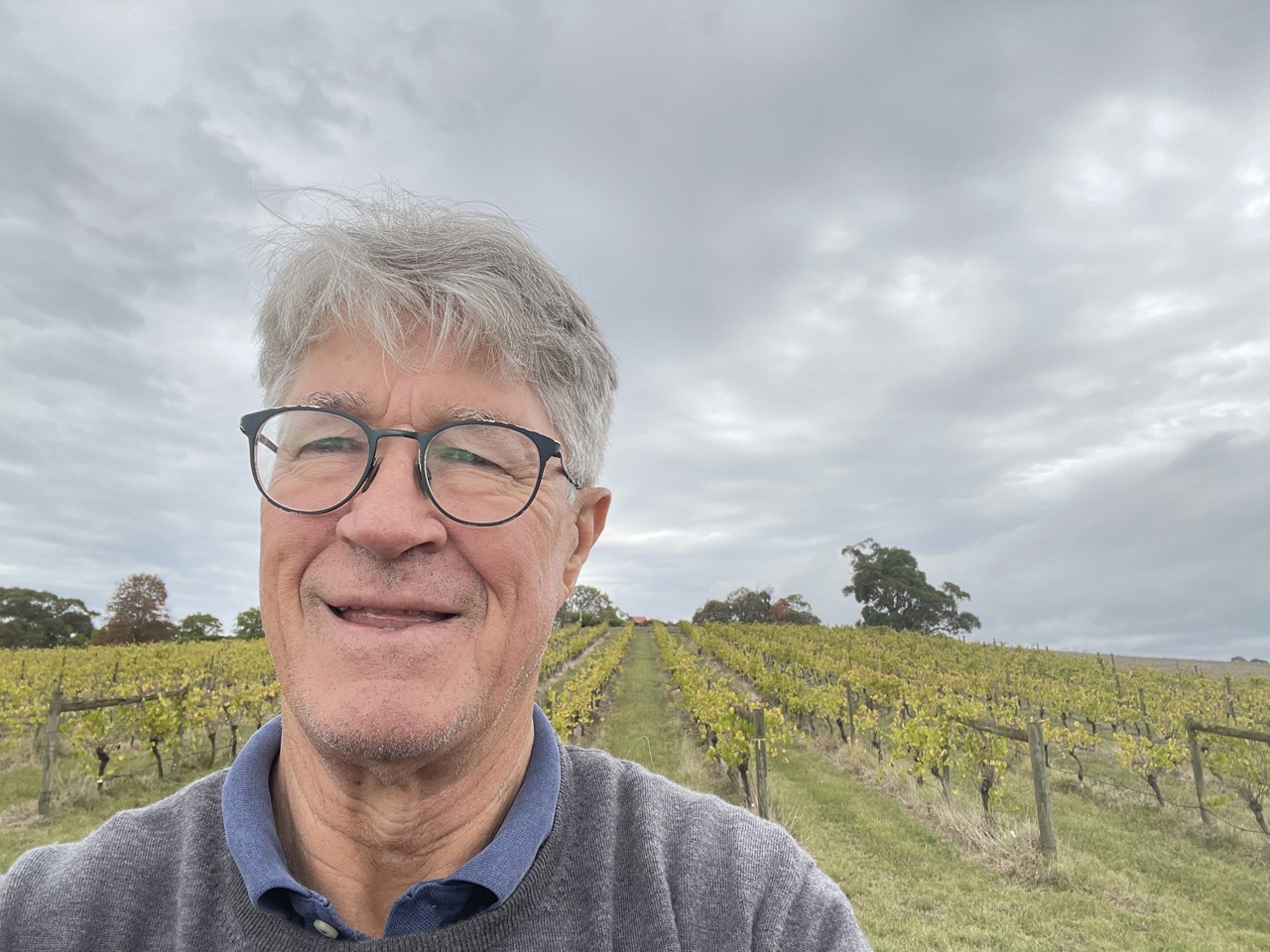
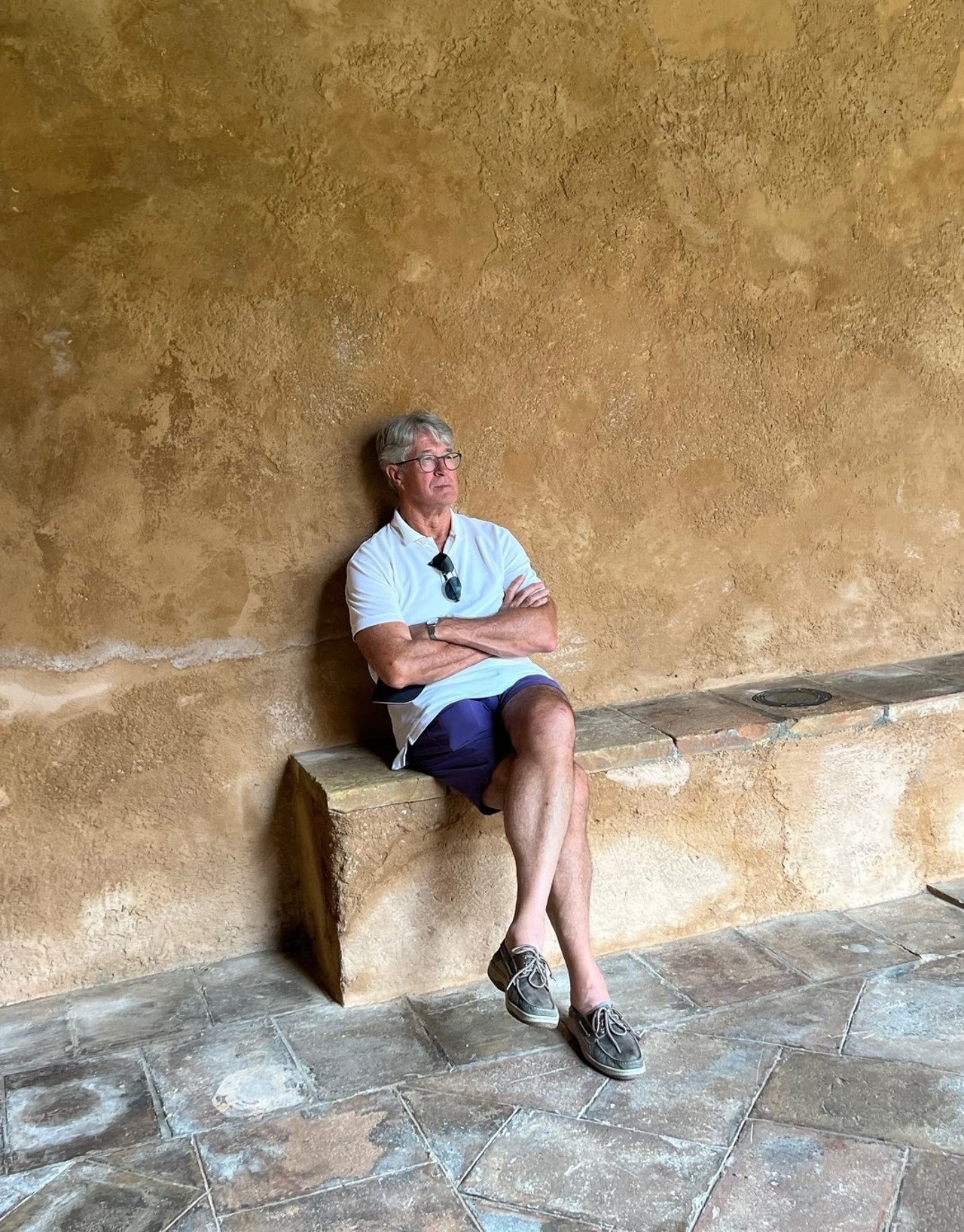
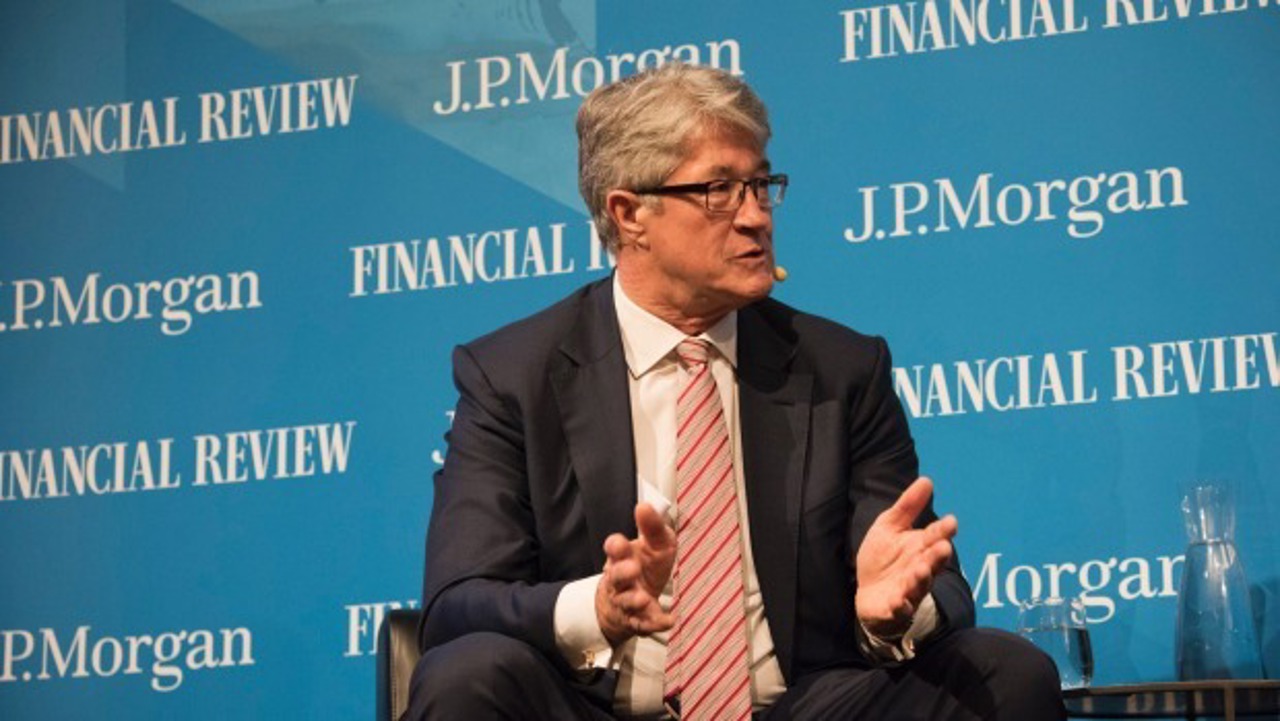
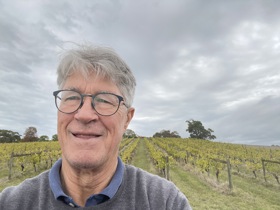
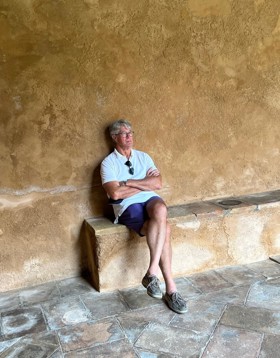
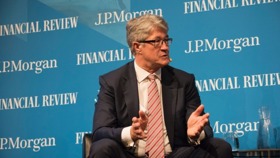
‘I grew pretty quickly and that made quite a difference’
I was born in Hastings, Victoria, but I grew up in Perth. My parents were both teachers, and to get promotions, they had to spend some teaching in the country, so my older sister, my younger brother and I basically got hauled across the southwest of Australia for most of our childhoods. It was a terrific experience in terms of understanding just how Western Australia worked, but it could be unsettling, and the first day at a new school was always challenging.
When I was ten we moved to Bridgetown and I started to become active in various sports – football, cricket and tennis – initially very unsuccessfully, but I grew quickly and that made quite a difference. My parents had been great tennis players, and my dad was a source of constant support without being overwhelming. Parents really got behind the local teams as well, so we had great coaches. The beach also played a big role: I got into bodysurfing, and when I took a job as a postman over the Christmas holidays, I’d spend an hour and a half delivering at high speed on my bike and then I’d go to the beach for a swim.
On applying for the Rhodes Scholarship
I went to the University of Western Australia and lived at home in my first year, but then I decided I wanted to spend more time on campus and get involved in life there. I moved into the co-ed college St Columba in my second year. I was playing football semi-professionally for Subiaco while I was still in Perth and that carried on at uni.
I also changed from pure maths to electrical engineering, which was seriously tough at first, but I managed to work my way through it. I got interested in student politics and ended up getting a block vote from engineering to go onto the Guild Council, representing students, and I then had the option to do a one-year full time role essentially as chief executive of the Guild. That was tempting, but I’d been on holiday the year before in Melbourne, and I was getting offers to go and play football in Melbourne which went beyond anything I was seeing in Perth. I couldn’t choose. I’d decided not to apply for the Rhodes Scholarship and then at the last minute, under pressure from friends and a returned scholar, I filled out the form and thought I’d leave it to fate.
‘Being with the smartest people in the world’
When I went to Oxford, I had a one-year deal as a professional footballer and at the end of my first year as a Rhodes Scholar I went back to Melbourne, played about 11 games and then realised I really hadn’t got much out of the first year at Oxford. I thought if I wasn’t careful it would be over and I wouldn’t have met people or been able to travel or just had the experience you get at Oxford being around the smartest people in the world. So in Hilary term of my second year I went to the Warden and explained that I hadn’t really achieved what I’d hoped to achieve and asked whether it was possible to have another year. He didn’t roll over straightaway and he had some searching questions, but we had a cup of tea, we had a sherry, and then he said ‘Yes.’ That was terrific and it opened up the chance to travel with some American Rhodes Scholars to Moscow and Leningrad. I went to the US as well, and through Europe. It was an amazing experience for someone from Perth, where few buildings were older than about 1900.
The other thing Oxford did for me was get me out of electrical engineering. I was competent, but compared to some of my counterparts, I wasn’t in the ballpark. The Rhodes gave me that ability to move across to PPE, which helped me understand politics and political economy. My college, St John’s, had great tutors in PPE, including the philosophy don, Peter Hacker, who was very impressive. The college was still all men, which was disappointing in terms of balance, but it had a pleasant culture and it was well run. There were a lot of international students. The only disappointing thing was the food!
I did carry on with sport at Oxford too. I played rugby for St John’s (and once for the University) and rowed and played cricket. I also led the college MCR in my last year, and would encourage all the scholars to get involved with college life. In my extra year at Oxford I lived out of college in digs in Squitchey Lane. That year changed my life. I met Helen Sykes and we started going out. That’s been enduring. Beside her academic skills she had swum for England as a junior so she understood elite sport, which many people who haven’t been involved really don’t.
‘One of the most enjoyable things I’ve done’
I had thought about doing an MBA at Harvard, but I had a conversation with a guidance counsellor there who effectively said, ‘You’ve been at university for seven years and it’s time you got a job!. You’ve got an obsession with football. Go back to Oz and play your heart out and when you’re finished, come back here. You would get in, but I don’t think you’ll be back.’ So I went back in 1978 and got straight into playing again. Helen came out later that year and I got a job as a finance executive at Telecom, which turned out to be an excellent decision. They were the biggest bond issuer in Australia and were endeavouring to start to issue some offshore debt. I would work on bonds each day and then at four o’clock, I would drive to the football ground and train for three hours each evening.
Telecom had an arrangement with Melbourne University for the academic team to provide economic advice. The University team wanted to be able to offer some support to the Treasury in the Victorian government, including fundraising, which I’d been doing at Telecom, so I accepted a job with the Treasury group while still playing professional football. My role with the Treasury included working with some executives from Merrill Lynch and at the end of it, they offered me a job in the US. At the time – 1985 - that really suited us, although the change from Australia to the US was tough. Then I got an offer from First Boston and we moved to Larchmont in New York State. That was a real success, and I even got asked to do media coverage for ESPN at the US Masters. In the end, though, we made the decision that as a family we’d be better off long-term in Melbourne.
When we got back, I became Chairman of the Australian Sports Commission, the national organisation looking after sport under the Labour government until, out of the blue, I got offered a position on the Australian rules football governing body (AFL). I’d only been there about a year and a half when the current Chairman died. I became the next Chairman and got thrown in at the deep end. The issues that came up were fascinating – fiscal balance, performance and recreational drugs, the question of whether and how to have an even competition – and it was one of the most enjoyable things I’ve done. We raised the age at which players could be drafted and made stricter rules around abiding by the medical decisions in cases of concussion. We also improved most of our stadia, including Adelaide Oval, Optus in Perth and the MCG.
On the business side, I’d realised that at that time, there was virtually no local equity for, say, an American or UK company that wanted to buy into a utility in Australia. I decided that I could put together a block of equity from the industry superannuation funds and we set up Hastings Funds Management. Alongside utilities, we did a lot of work with airports, and we were able to influence policy so that airports were basically a worthwhile investment. It’s turned out to be an excellent model, leading the way in unlisted investments. Hastings was full of great people.
‘You need to approach every issue with an open mind’
The Rhodes Scholarship gave me options. It gave me an international perspective on life which was really helpful for my journey through finance and sports administration. Oxford helped me realise that you need to approach every issue with an open mind. And if you can give back in just a small way to organisations that are in need, whether that’s with money or with time, that’s important too, even though you can never actually do everything that turns up on your doorstep. One of my major areas of focus for many years has been sustainable energy. These things take a lot of time to put together, but so far, so good. In a way, the technological focus of that has taken me full circle back to my electrical engineering days.
